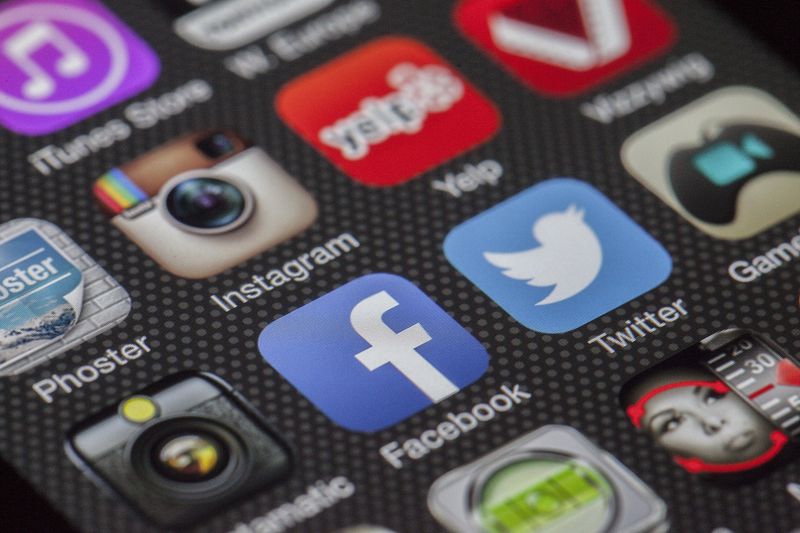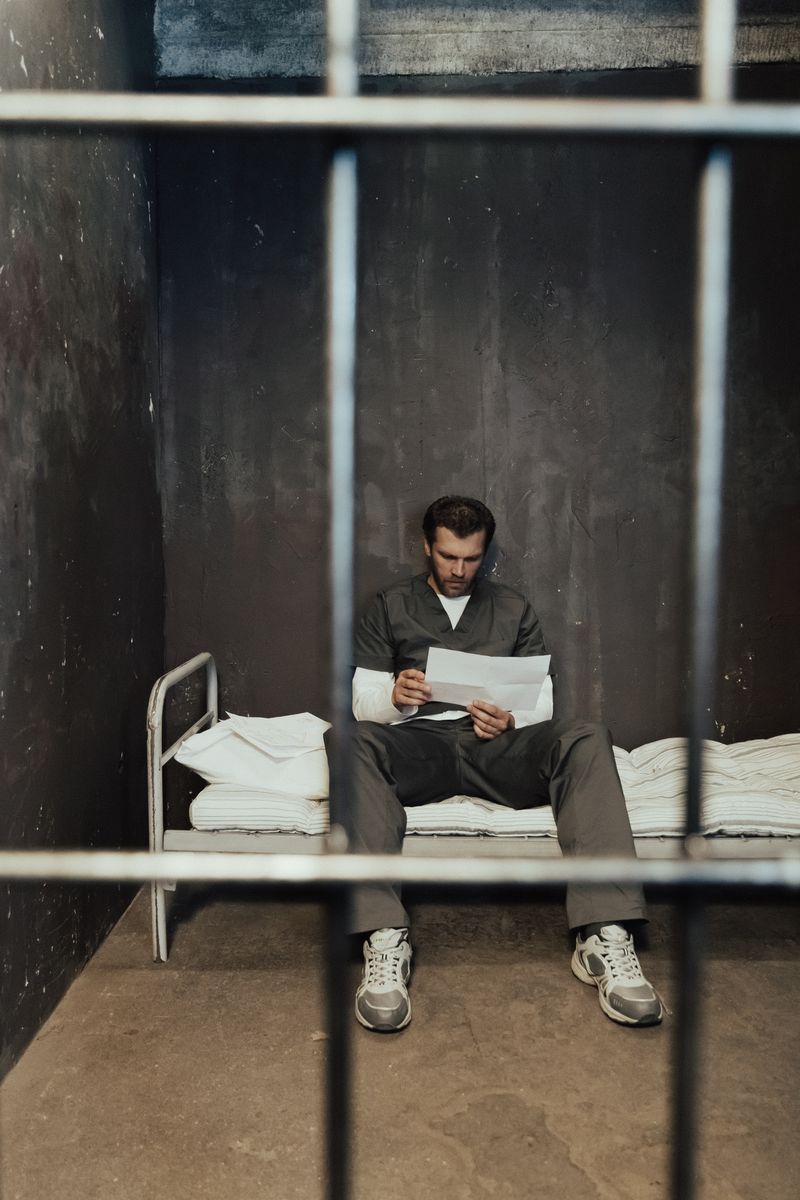SAG-AFTRA: Hollywood shuts down as actors go on strike
Introduction
Hollywood, the epicenter of the global entertainment industry, is facing an unprecedented crisis as actors represented by the Screen Actors Guild-American Federation of Television and Radio Artists (SAG-AFTRA) have officially gone on strike. This labor action, led by prominent actress and activist Fran Drescher, has brought production to a halt, impacting everything from film and TV sets to glamorous red carpet events and press tours for prestigious awards shows like the Emmys.
The Reasons Behind the Strike
The strike is not a sudden decision but the culmination of years of frustration and dissatisfaction among actors who feel undervalued and marginalized within the entertainment industry. This walkout seeks to address multiple issues, ranging from fair wages and working conditions to representation and diversity in storytelling.
Actors often face long shooting hours, insufficient breaks, and unfair compensation compared to the astronomical profits enjoyed by production companies and networks. Additionally, many actors have voiced their concerns over the lack of diversity in casting and the industry’s perpetuation of harmful stereotypes.
Fran Drescher, known for her leading roles on shows like “The Nanny” and her advocacy work, has emerged as one of the prominent figures leading the charge for change in the industry. Her efforts have galvanized actors from all backgrounds, shining a spotlight on the struggles faced by those often relegated to the sidelines.
Impacts on Hollywood
The strike has already had significant ramifications on Hollywood. Productions have come to a standstill, leaving crews, directors, and writers without work and putting the release of highly anticipated films and TV shows on hold. Studios are grappling with unforeseen financial losses, and the ripple effects are being felt across the industry, impacting everything from streaming services to box office revenues.
Furthermore, the strike’s impact extends beyond the realm of production. Red carpet events have been postponed, denying fans the glamour and excitement that typically surrounds premiere nights. Interviews and press tours, essential for promoting films and television shows, have been canceled, leaving actors and industry professionals struggling to connect with audiences and generate buzz around their work.
The Ongoing Debate: Artistic Labor and Fairness
The strike and the issues it highlights raise crucial questions about the nature of artistic labor, fairness, and the power dynamics within the entertainment industry. While actors may enjoy fame and recognition, they are also skilled professionals who contribute significantly to the success of films, TV shows, and other forms of entertainment. Their talent and creativity are the very foundation on which the industry stands.
However, the industry often treats actors as expendable as they navigate through a highly competitive landscape. The strike draws attention to the need for a fairer and more equitable system that recognizes the immense value actors bring to the table and ensures their well-being, both financially and artistically.
Editorial: Urgent Reforms Needed
The actors’ strike is a wake-up call for the entertainment industry to address long-standing issues and embrace reforms. Production companies, studios, and networks must recognize that sustainable and fruitful collaborations require fair compensation, reasonable working hours, and diverse representation on screen.
It is our collective responsibility, as consumers of entertainment, to support these demands and advocate for lasting change. Boycotting works affected by this strike may prove counterproductive as it punishes the wrong parties. Instead, let us stand in solidarity with the actors, urging industry leaders to engage in meaningful dialogue and take concrete steps to overhaul existing systems.
Advice for Actors and Industry Professionals
For actors and industry professionals affected by the strike, it is crucial to remain united and resilient. Building a strong support network within the industry and with fellow creatives can help navigate the challenges that lie ahead. Exploring alternative avenues for creative expression, such as independent productions or digital media, may provide opportunities to continue honing one’s craft while the strike persists.
Additionally, the strike serves as a reminder of the importance of activism and advocacy for actors. By engaging with unions like SAG-AFTRA and participating in discussions about fair labor practices, diversity, and representation, actors can contribute to shaping a more inclusive and equitable industry.
In conclusion, the Hollywood actors’ strike has brought the entertainment industry to a standstill, forcing us to confront systemic issues of fairness and representation. It is a pivotal moment for the industry to reassess its values and commit to meaningful change. Only by addressing the concerns voiced by actors and embracing a more inclusive approach can Hollywood truly thrive and fulfill its potential as a cultural force.

<< photo by Sydney Moore >>
The image is for illustrative purposes only and does not depict the actual situation.
You might want to read !
- “Fran Drescher: Reinventing Herself in the Spotlight of Hollywood”
- Investigating the Tragic Demise: Unraveling the Link Between Weight Loss Surgery and Lisa Marie Presley’s Untimely Death
- Lisa Marie Presley: Unraveling the Consequences of Extreme Weight Loss
- Capturing the Soulful Journey: Behind the Scenes with The Teskey Brothers for the Iconic ‘Rolling Stone’ Cover
- “Behind the Curtain: Lewis Capaldi’s Glastonbury Struggle”
- Chris Hemsworth Reflects on the Epic Comeback in ‘Extraction 2: Behind the Scenes Journey’




